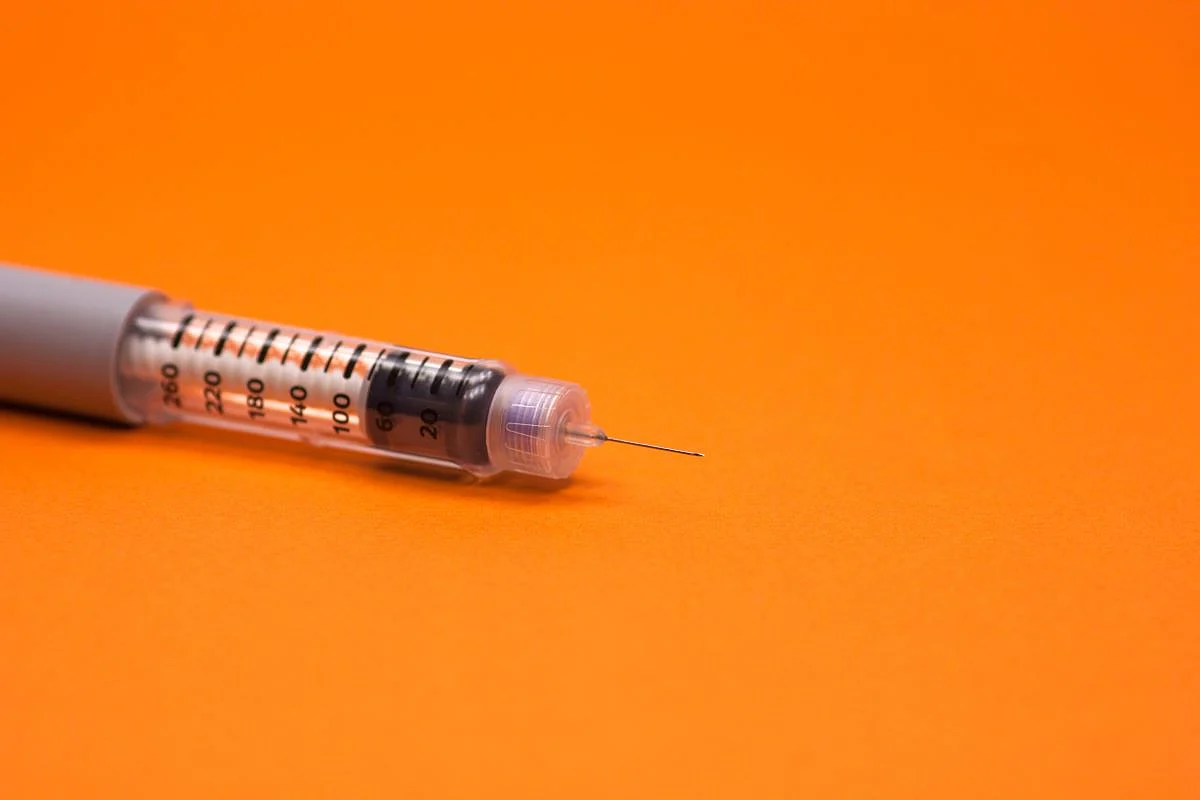
A Mediterranean-style diet can significantly decrease risk of type 2 diabetes in people who are overweight or obese, a new study says. People had 31% lower odds of diabetes if they adhered to a Mediterranean diet, cut their calories and exercised regularly, researchers reported Aug. 25 in the Annals of Internal Medicine. “With the highest-level… read on > read on >






























